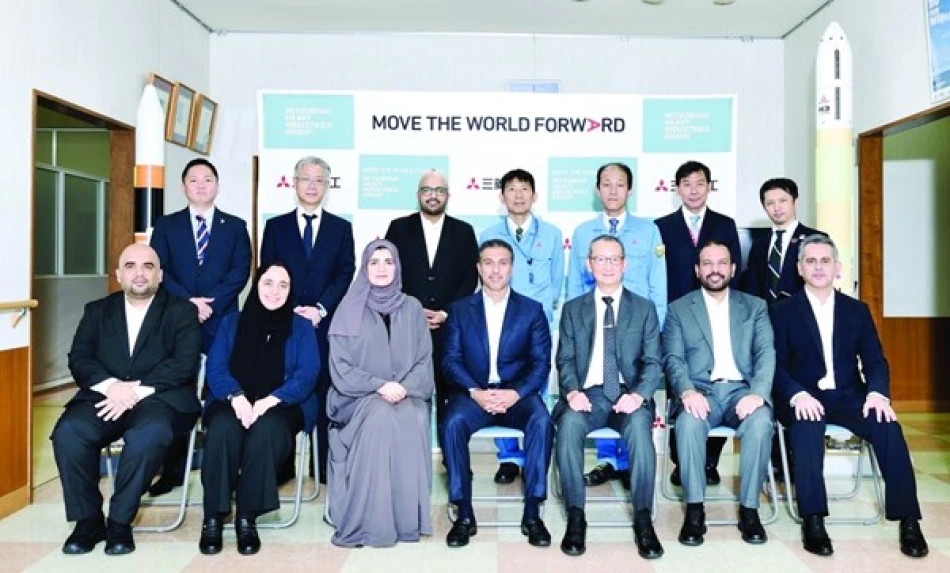
UAE Space Agency Explores Expanding Collaboration with Japan's Space Sector
UAE Positions Itself as Global Space Cooperation Hub with Strategic Japan Mission
The UAE Space Agency's high-level delegation to Japan signals the Emirates' ambitious push to become a central player in international space collaboration, leveraging its National Space Strategy 2030 to build bridges between regional aspirations and global space initiatives. The visit underscores how middle powers are increasingly using space diplomacy to enhance their geopolitical influence while building sustainable economic partnerships.
Strategic Diplomacy Through Space Cooperation
Dr. Ahmed Balhoul Al Falasi, UAE Minister of Sports and Chairman of the UAE Space Agency, led the delegation's meetings with Japanese government and private sector institutions. The mission reflects a calculated approach to space diplomacy, positioning the UAE as what Al Falasi termed "a bridge for international cooperation" that connects national ambitions with global initiatives.
This positioning is particularly shrewd given Japan's advanced space capabilities and the UAE's growing space sector. Japan's expertise in satellite technology, lunar exploration, and commercial space ventures complements the UAE's ambitious timeline for Mars missions and satellite constellation development.
Economic Imperatives Behind the Partnership
Building a Sustainable Space Economy
The UAE's National Space Strategy 2030 aims to create a sustainable space economy while enabling significant private sector participation in space projects and technologies. This approach mirrors successful models in countries like Luxembourg and Singapore, where governments have created favorable regulatory environments to attract international space companies.
For investors and space industry stakeholders, the UAE-Japan collaboration represents a potentially lucrative partnership. Japan's established space manufacturing capabilities combined with the UAE's strategic location and growing financial resources could create new opportunities in satellite services, space manufacturing, and technology transfer agreements.
Private Sector Integration Strategy
The emphasis on private sector involvement signals the UAE's recognition that sustainable space development requires commercial viability beyond government funding. This aligns with global trends where countries like the United States have successfully leveraged private companies like SpaceX and Blue Origin to reduce costs and accelerate innovation.
Geopolitical Implications of Space Diplomacy
The UAE's space diplomacy extends beyond technical cooperation. By positioning itself as a hub for international space collaboration, the Emirates is building soft power influence that complements its role as a regional financial and logistics center. This strategy has proven effective for other nations – South Korea's space partnerships have enhanced its technological standing, while India's cost-effective space missions have attracted international clients.
The timing is particularly significant as space becomes increasingly militarized and commercialized globally. Countries that establish strong international partnerships now are likely to benefit from technology sharing, joint missions, and preferential access to emerging space markets.
Market Outlook and Investment Implications
The UAE-Japan space partnership could catalyze broader regional space development. The Emirates' strategic location makes it an ideal hub for space operations serving the Middle East, Africa, and South Asia markets. Japanese companies gain access to these growing markets while benefiting from the UAE's business-friendly environment and proximity to emerging economies.
For the global space economy, this partnership represents the continued democratization of space capabilities. As more countries develop sophisticated space programs through international cooperation, the sector becomes less dominated by traditional space powers and more distributed across strategic partnerships like the UAE-Japan collaboration.
Most Viewed News

 Layla Al Mansoori
Layla Al Mansoori






